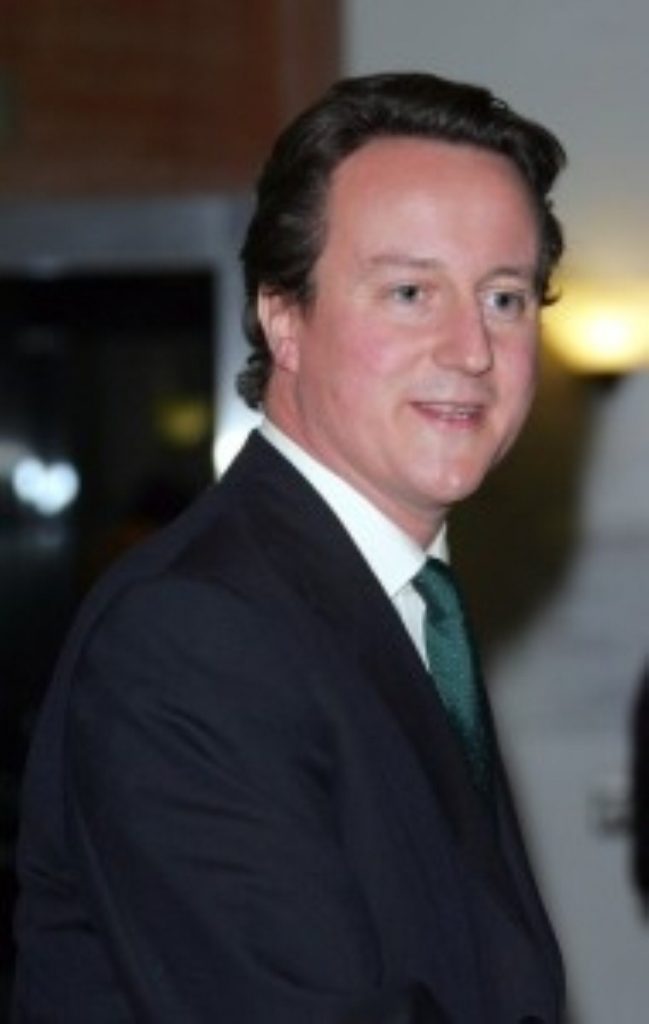Cameron: We are in favour of redistribution
The Conservatives’ commitment to a progressive tax system makes it “blindingly obvious” that the party is in favour of redistribution, David Cameron has said.
The Tory leader defended controversial comments by policy chief Oliver Letwin last December when he said redistributing wealth should be a goal of the Conservative party.
“He was saying something that was blindingly obvious – any party that accepts some sort of progressive tax system is in favour of redistribution. That’s a very sensible thing to say,” he told The New Statesman.
The admission was seen as the first sign of change in the Tories under Mr Cameron’s leadership, which has been continued this week as the Witney MP attempted to portray his party as a friend of the public services.


He admitted the Conservatives had not always expressed their appreciation for people working in the NHS, education and transport, portraying them all too often as “lazy” and “inefficient”, but today insisted: “The war is over.
“There have been two wars. There’s been a war of words about waste and bureaucracy from the right, which sometimes has given an impression that we don’t value public service, when we do.
“And there has been a real war of initiatives and a blizzard of instructions over the past nine years [from Labour] which in so many ways hasn’t delivered the sort of improvements that people want to see.
“What is required is neither of those two things, but actually trusting the professionals . . . and localising and devolving public services. The good thing about it is it’s profoundly Conservative.”
He committed himself to “equality of service for everyone” – a move that, along with his support for redistributive tax policies, may leave many voters wondering whether he is still really a Conservative.
Mr Cameron accepted that the traditional political barriers had broken down, saying: “When I grew up in the 1980s, there was a big gulf between left and right.
“You were either for CND or Nato, privatisation or state ownership of industry, cutting taxes and setting people free or high rates of marginal tax, for the trade unions or for trade union reform. It seemed to me we made a choice on those sorts of grounds.”
But with Labour accepting the use of private firms in the NHS and the Tories saying they are unlikely to promise tax cuts at the next election, there are some who question whether the too main parties are too similar.
However, Mr Cameron rejected this, saying: “The Conservative party is about trusting people, and the Labour party, or the sort of Brownite Labour party, is about state responsibility and about not trusting people.”











